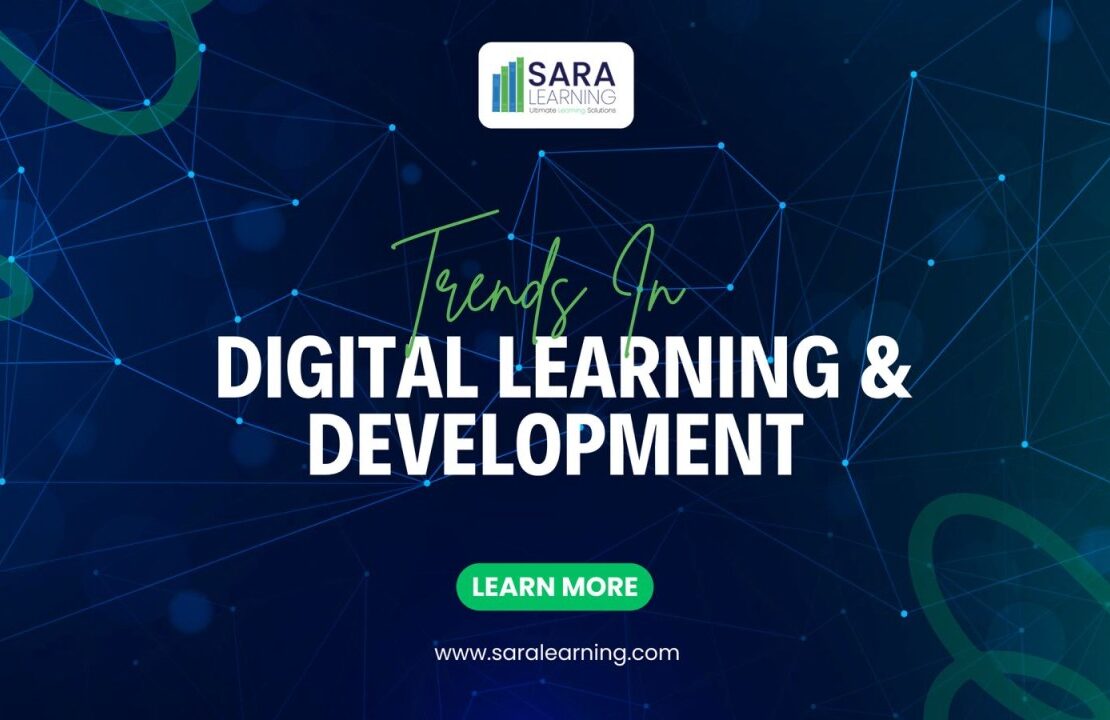
Digital learning and development have transformed significantly over the past few years. This has primarily been driven by technological advancements and the growing need for flexible, accessible education. As we move further into the digital age, several trends are shaping the landscape of online education and professional development. Understanding these trends is crucial for educators, employers, and learners alike. Let us explore them:
Micro learning
Micro learning is a trend that focuses on delivering content in small, manageable chunks. Instead of long, traditional courses, micro learning breaks information into short, focused sessions. These can be completed in a few minutes, therefore, giving ample time for accomplishing multiple tasks at a time. This method caters to the modern learner’s short attention span and busy schedule, especially the members of Generation Z. For example, language learning apps like Duolingo use micro learning to teach new languages through daily five-minute lessons, making learning engaging and fun.
Personalized Learning Paths
Personalized learning is another significant trend, where educational content is customized to meet the needs and preferences of each learner. With advancements in artificial intelligence (AI) and machine learning, platforms can analyze a learner’s performance and adjust the curriculum accordingly. Companies use algorithms to recommend courses based on a learner’s past activities and achievements, providing a tailored learning experience that enhances engagement and retention.
Gamification
Gamification involves incorporating game elements such as points, badges, and leader boards into educational content to motivate and engage learners. This trend leverages the natural human desire for competition and achievement. By turning learning into a game, these platforms help learners stay motivated and improve their knowledge retention.
Mobile Learning
With the proliferation of smartphones and tablets, mobile learning has become a dominant trend, especially in remote areas. Mobile learning allows learners to access educational content anytime, anywhere, providing unparalleled flexibility. Various apps offer mobile-friendly courses that enable professionals to learn new skills on the go.
Virtual and Augmented Reality
Virtual Reality (VR) and Augmented Reality (AR) are transforming digital learning by creating immersive, interactive experiences. These technologies can simulate real-world environments, providing learners with practical, hands-on experience. For example, medical students can use VR to practice surgeries in a risk-free environment, while AR can enhance traditional textbooks by overlaying digital information onto physical pages. These technologies not only make learning more engaging but also help learners understand complex concepts more effectively.
Social Learning
Social learning leverages the power of social networks to facilitate learning through collaboration and interaction. Various digital platforms enable learners to share knowledge, ask questions, and collaborate on projects, creating a more dynamic and interactive learning environment.
Lifelong Learning
The concept of lifelong learning emphasizes the importance of continuously acquiring new skills and knowledge throughout one’s life and career. As the job market evolves, the need for reskilling and upskilling becomes important. Online platforms offer courses on a wide range of topics, encouraging professionals to stay updated with the latest trends and technologies in their fields. This trend is particularly relevant in today’s changing job market, where continuous learning is essential for career advancement.
Data-Driven Insights
Data analytics is playing a crucial role in digital learning and development. By analyzing data on learner behavior and performance, educators can gain valuable insights into what works and what doesn’t. This information can be used to improve course content, identify areas where learners are struggling, and provide targeted support. Companies actively use data analytics to optimize their training programs, ensuring that employees receive the most effective and relevant education.
**Sara Learning Global, based in the USA, is a seasoned company in the education technology sector. We have several years of experience in developing learning management systems and creating engaging content.
For more information, please visit our websites: www.saralearning.com and lmss.saralearning.com for free courses on essential skill areas.

